Research has provided insights into the molecular mechanisms driving this disease
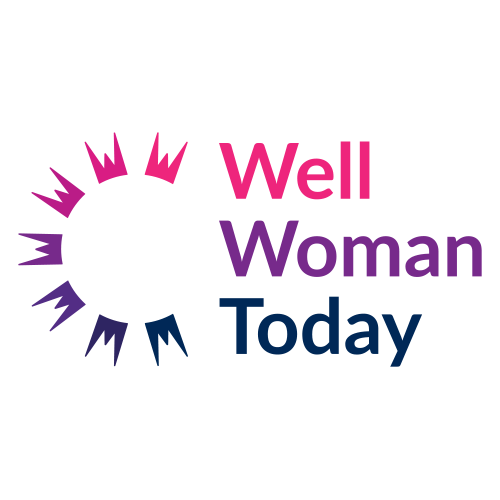
Gynecologic Cancer
Well Woman Today strives to be the premier resource for health care professionals committed to advancing the health and well-being of all women, ensuring that they receive the highest standard of gynecologic cancer care.
Advertisement
Women can now screen for cervical cancer from the comfort of their homes using a specially designed self-collection device
Female cancer survivors are disproportionately affected by higher rates of CRF and depression
A groundbreaking UK study has revealed concerning connections between ultra-processed foods (UPFs) and women's cancer risks.
The incidence of vaginal cancer is increasing globally, emphasizing the need for further HPV vaccination rates for prevention
Ovarian cancer is often mistaken for irritable bowel syndrome (IBS) due to having remarkably similar symptoms.
Researchers found that oral contraceptive pills reduced the risk of ovarian cancer by 26% among women who used it.
Since the introduction of the HPV vaccination, the rates of new cases of HPV infection and cervical cancer have declined.
A study from 1993-1998 examines the impact of different hormone therapies on ovarian and endometrial cancer risk.
Ovarian cancer care costs are likely to increase as newer, more effective, but expensive treatment regimens become available.
According to researchers, women with endometriosis had a 4.2x higher ovarian cancer risk than those without endometriosis.
The study revealed that the use of genital talc increases ovarian cancer risk, particularly women who used talc frequently.
The study suggests that current ultrasound screening protocols might not be as accurate for Black patients
Urban Health Today reports on clinical news and policy updates that directly impact urban health care providers and their patients.
Get cancer research and expert insights straight to your inbox.
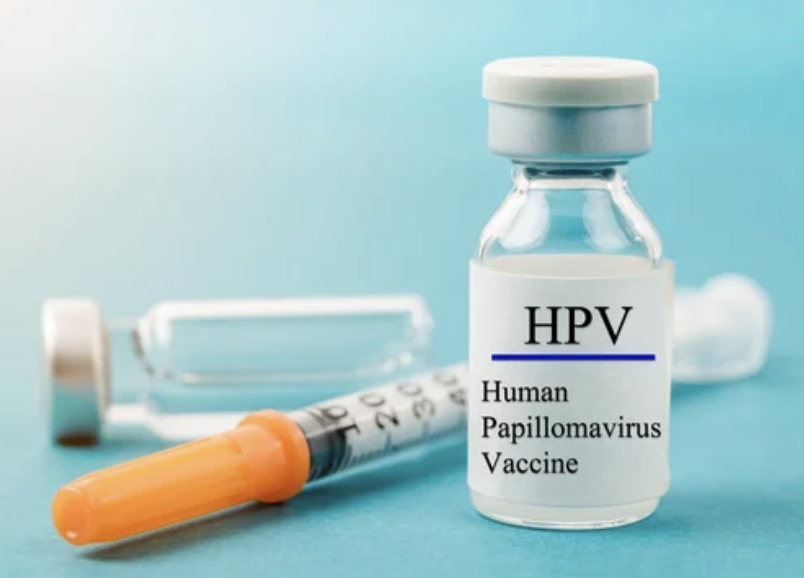
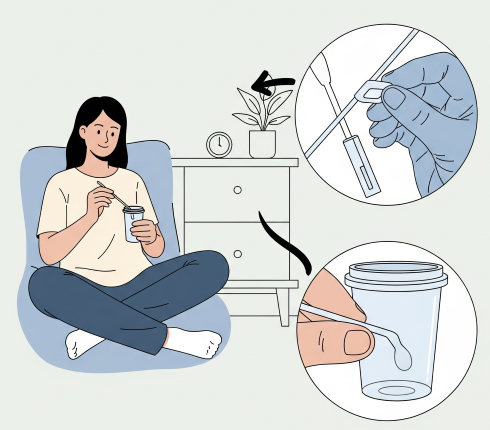


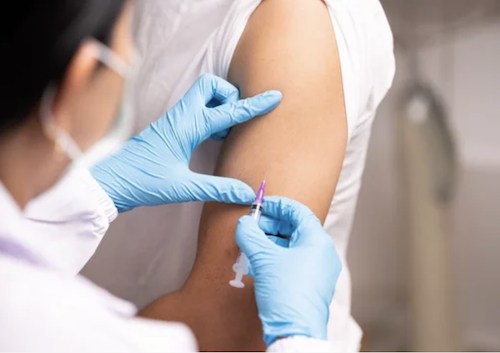






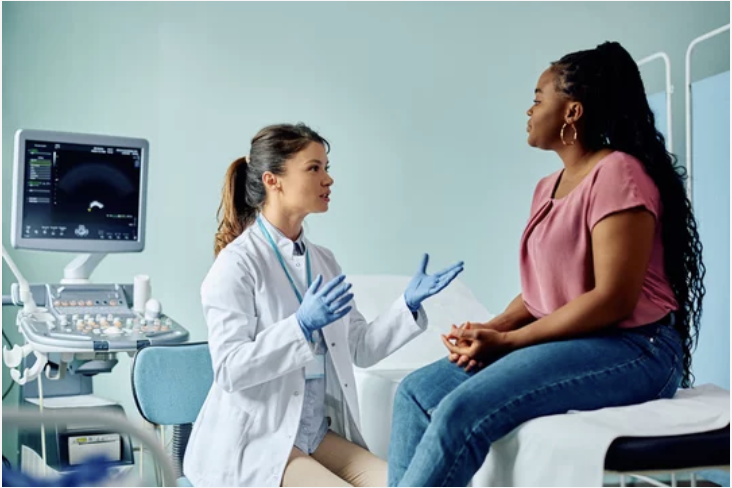

 © 2025 Mashup Media, LLC, a Formedics Property. All Rights Reserved.
© 2025 Mashup Media, LLC, a Formedics Property. All Rights Reserved.